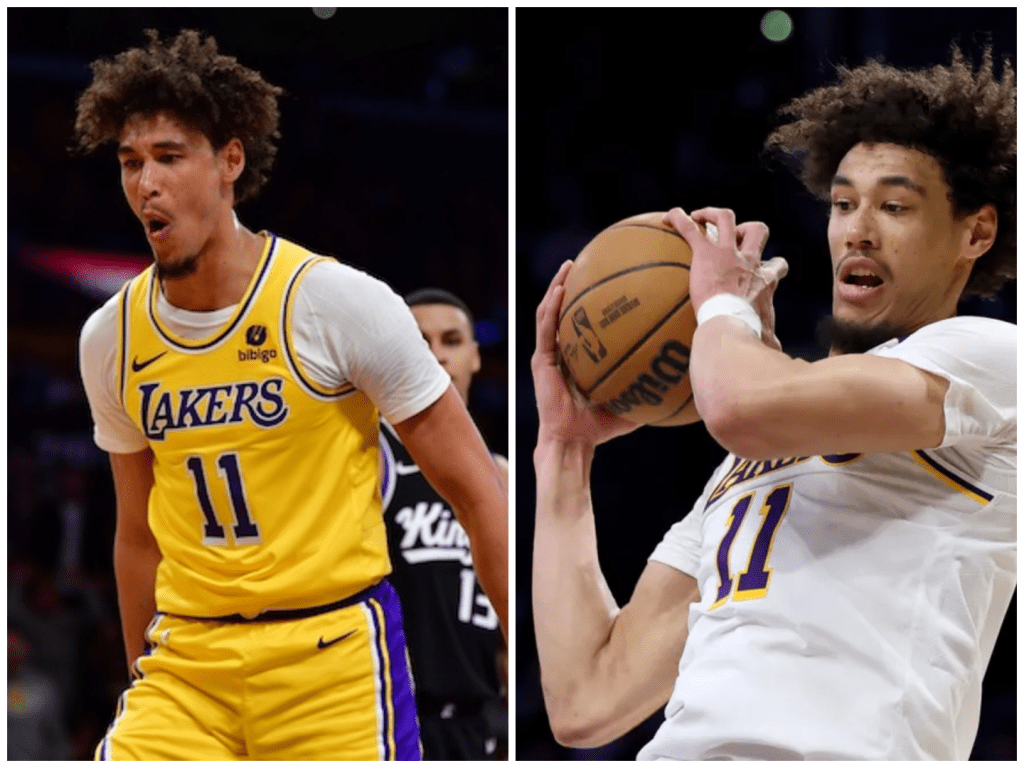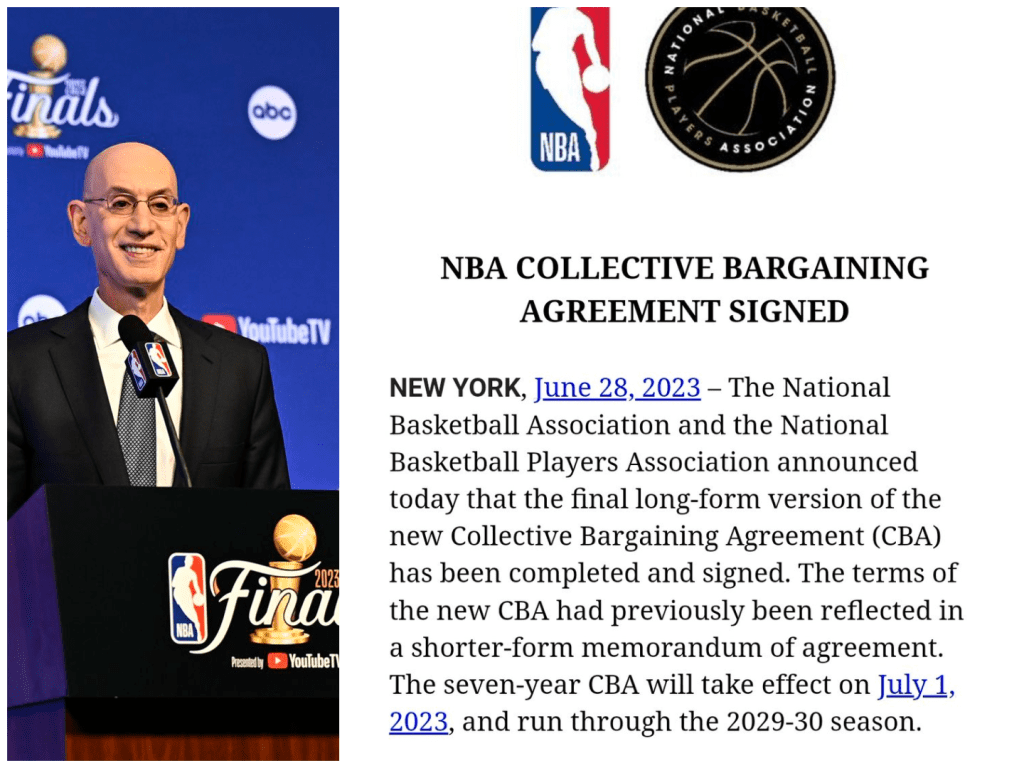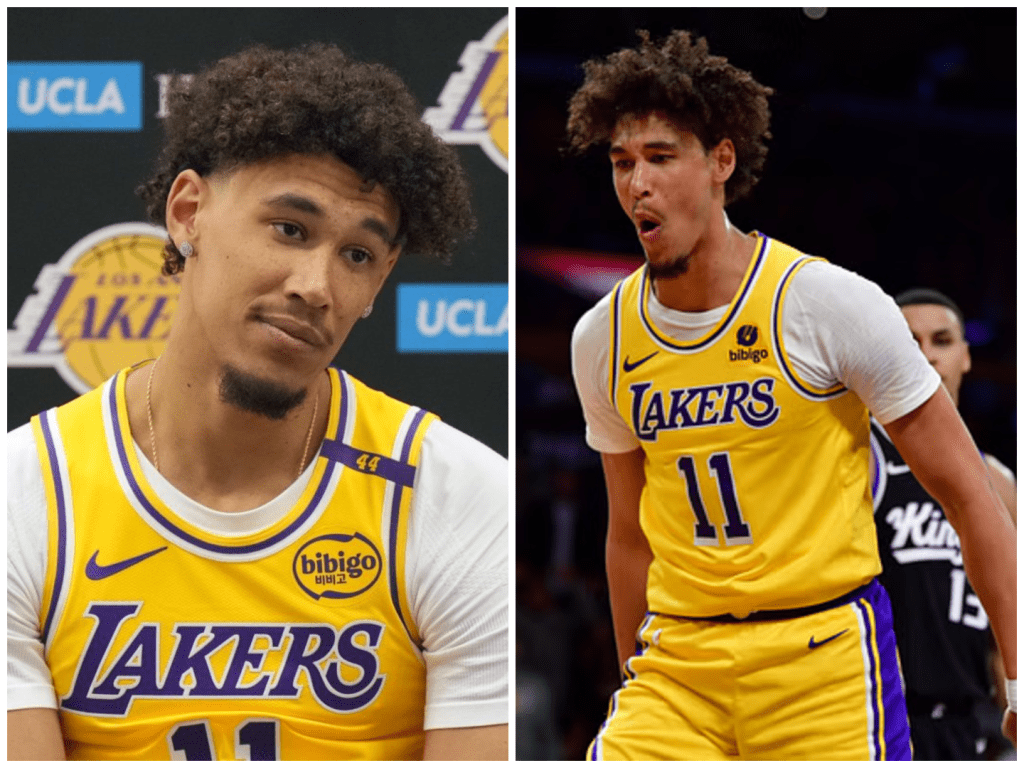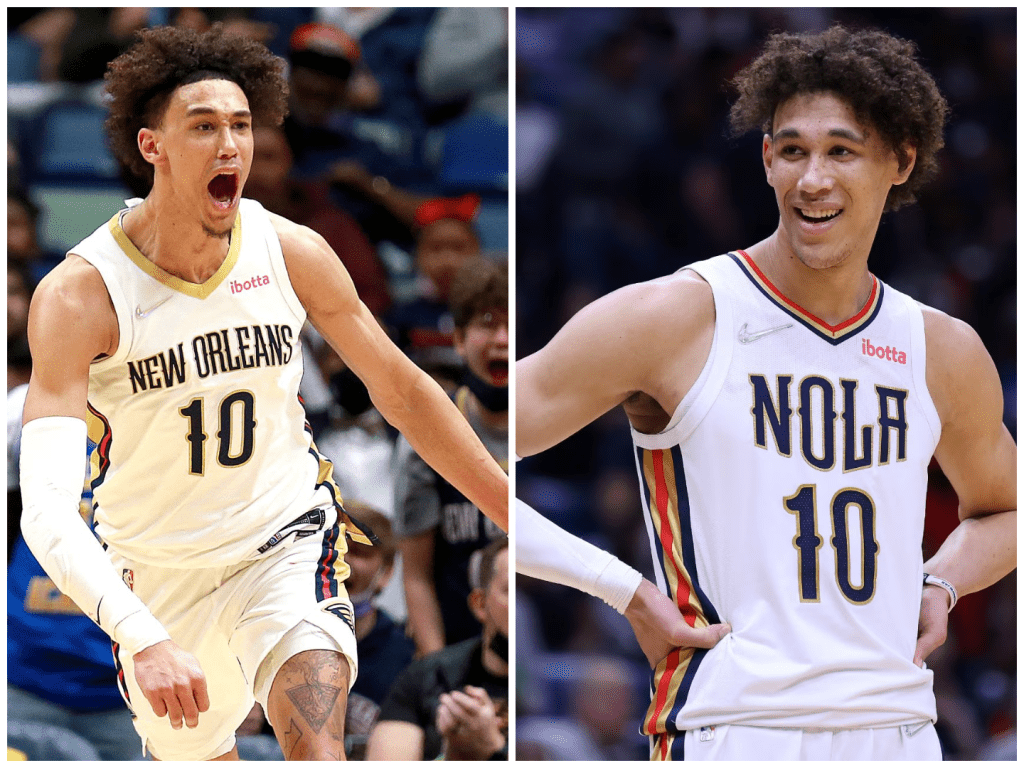How Jaxson Hayes, a Bench Role Player, Just Scored a No-Trade Clause — And What It Says About the Lakers’ Offseason

I still can’t get it out of my head: Jaxson Hayes, the 25‑year‑old center from Texas, quietly locked in a no‑trade clause with the Lakers. He’s no LeBron James or Bradley Beal—just a solid big man who averaged 6.8 points and 4.8 rebounds in 2024‑25. And yet, thanks to a quirky rule in the CBA, Lakers management can’t move him without his say‑so. It feels bizarre. It feels brilliant. It feels like a plot twist in the most unlikely drama of the Lakers’ offseason.
Watching that news drop felt like stumbling on an Easter egg. Everyone expected trade restrictions for superstars. But Hayes? A role player on a one‑year, veteran minimum deal? Surely that was too small a fish for that kind of splash. And yet, here we are—Hayes holds power. A clause many stars would envy rests in his pocket. It’s the kind of thing that turns heads and raises questions. And I wrote it all over my notes: This is the story of loyalty, leverage, and the long shadows cast by big rules on small players.
How a Quirky Rule Turned Hayes into a Trade‑Proof Asset

Let’s unpack this. On July 4, insiders reported that Hayes officially re‑signed with the Lakers on a one‑year deal, marking his third straight one to stay in Los Angeles. That’s where the magic rule kicks in.
The NBA’s Bird Rights rule—designed to reward players who stick around—activates after three consecutive one‑year deals. Those deals let teams go over the salary cap to re‑sign them. If the player were traded, they’d lose that status and the team would lose the ability to pay them top dollar next season. So, to defend that value, the CBA automatically throws in a no‑trade clause on that third deal.
It isn’t an ego play. It’s an automatic bullet point in the contract. It’s protection baked into the rules. Trevor Lane, Lakers insider, put it simply: “He can block any trade if he chooses.” That’s power most role players could only dream of.
Hayes’ Journey: From Rookie to Coveted Center

Let’s pause here and think about the man behind the clause. Hayes came into the NBA in 2019, drafted eighth overall by the Hawks and quickly traded to New Orleans. He spent four seasons with the Pelicans, carving out his role before landing in L.A. in 2023.
In 2024‑25, he played 56 games, averaging figures that reflected steady effort: 6.8 points, 4.8 rebounds, 1.0 assists, and a 72.2 percent field goal percentage. He even started in 35 of those games—marking his most significant presence yet. He helped the Lakers secure a top‑3 seed in the West and, later, experienced the heartbreak of a first‑round exit at the hands of Minnesota.
His playoff minutes dipped—just over 7 minutes per game—and he was a healthy scratch in Game 5. Still, what’s surprising is how L.A. still placed enough value on him to bring him back. Not a finance coach or athletic trainer—they re‑signed him. They deepened his trust, handed him continuity.

What This Means for the Lakers—and the League
Hayes’ new clause isn’t a squad disruptor in itself—but it changes the equation. With a second center, Deandre Ayton, on the roster as well, the Lakers now carry two bigs who can’t be moved without consent. That makes roster carve‑out trickier. If team brass want to pair Ayton with another piece, they might need to move Hayes—but he can say no.
To some, this might look like a self‑solving luxury tax snare. But to others, it’s a statement. Hayes bet on himself in L.A., earned a Bird rights safety net, and now has the ability to either stay and grow or force the Lakers to trade thoughtfully—or pay him again. It’s a small player playing hardball by the rulebook, and I love it.
Compare that to superstars who negotiate every clause. Here’s Hayes, a left tackle in the Lakers trenches, gaining leverage he never had to ask for. It’s a clever quirk of rule that flips the usual script: superstar gets protection, role player scores it by commitment.
The Bigger Picture: Loyalty, Rules, and NBA Strategy
There’s a lesson here, a lesson that whispers: loyalty matters. The NBA isn’t just about highlights—it’s about stability, relationships, and structure. Hayes bet on L.A., and L.A. bet on him enough to resubmit the paperwork. It’s not romance, it’s career architecture. And the CBA rewarded it.
Fans often focus on max deals and extensions. But this is where real negotiation magic happens: in clauses no media team notices until it’s too late. Role players don’t negotiate no-trade clauses often. Coaches and GMs don’t see it coming. But it’s real power in plain sight.
And hey, can you name many other Lakers role players with no-trade clauses? On one-year minimum deals? Me neither. Hayes just joined an ultra‑exclusive club—side by side with stars—without being one.
What Comes Next?
Hayes has decisions. He allows being traded if it doesn’t benefit him. Or he stays in Los Angeles, competes for wins, and maybe leverages his Bird rights next season to re-up at a higher fee. For now, though, he walks into camp with confidence, control, and clarity.
For the Lakers, it’s a calculated risk. They lock in a trusted big man, knowing they’ll need his buy-in all year. But if a trade target pops up mid-season, Hayes stands in the way. That complicates moves—but it also shows the team values stability in the frontcourt.
To me, this story isn’t about a simple contract. It’s about layers: rules, narrative, player identity, and franchise structure all swirling together. It’s tiny in payoff, huge in symbolism.
NBA stories don’t often spotlight role players in dramatic contract rule pieces. The superstars get attention. But Hayes reminds us—power isn’t always loud. Sometimes it’s quiet, technical, and comes from unexpected corners of the rulebook.
When the headlines swirl around Ayton’s new deal or LeBron’s player option, Hayes’ clause sits in the same contract batch—and it’s more strategic in its silence. I find a poetic justice in it. A kid from Oklahoma who grew into a bench big man now holds sway over his own destiny.
That’s a win for players. That’s a win for loyalty. That’s a win for the savvy reader who catches nuance in the fine print.
So yes—this is the wildest no-trade clause in NBA history not because Hayes is a superstar, but because he earned it by playing smart, signing smart, and staying in one place long enough. And if you need me this season, I’ll be watching. Not just the dunks or the Ayton trade whispers, but the quiet power moves in the middle—moves made by players most people gloss over. That’s where the game still surprises us.